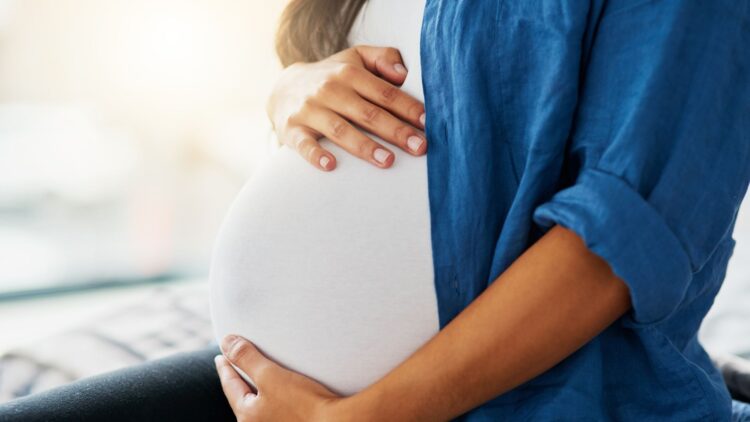By Sheila Mckenzie-
Oxford University researchers have been recruiting women who are and are not exposed to Covid-19 at any stage of pregnancy, and following mothers and new-born babies until hospital discharge post-delivery, as part of an extensive research into the effects of Covid-19 on pregnant women.
The study which began a fortnight ago has already been recruiting participants from 62 medical institutions in 29 countries which have agreed to participate.
Britain’s top University told The Eye Of Media.Com that the researchers are working very hard on the project and incredibly busy with a research which they expect to form the basis of informative knowledge for pregnant women and the public in general.
The research aims to collect invaluable baseline data as recommended by the Pregnancy Research Ethics for Vaccines, Epidemics and New Technologies (PREVENT) Report, in order to inform risk-benefit analyses for future vaccine trials in pregnant women by providing “potential risk relationships between vaccination and adverse events.”
Pregnant women in the UK going into labour with suspected or confirmed coronavirus are being advised to attend an obstetric unit for birth. Mothers expecting are also at greater risk to flu like symptoms due to a weaker immune system.
Oxford University which has been leading the race to establish a workable vaccine to tackle Covid-19 is one of the most renowned educational institutions in the world for research.
Professor Stephen Kennedy (NDWRH), who is jointly leading the research, said that a failure to obtain this information “runs the risk of pregnant women being denied priority access to a new vaccine or therapy, as has occurred so many times in the past.”
The study defines “exposed” cases as pregnant women with any of the following: “laboratory-confirmed Covid-19; radiological pulmonary findings suggestive of Covid-19; maternal symptoms compatible with Covid-19; absence of symptoms, whilst in close interaction with a person(s) with confirmed Covid-19.” Each “exposed” case is compared with two “non-exposed” pregnant women, considered as a representative of the pregnancy population at each study site.
Professor Villar stated: “This large study benefits from the University having hosted, over the last 12 years, a network of researchers across the world who have participated in the INTERGROWTH-21st Project. As a result, we have in place trained research staff and standardised data collection forms. All the work is done via an online data collection system that provides information almost in real-time.”
Professor Aris Papageorghiou (NDWRH), who is jointly leading the research, said that the “truly remarkable” response from international colleagues “means the study should have significant power to provide invaluable answers, in a short time period, regarding the risks to pregnant women who are exposed to SARS-CoV-2.”




